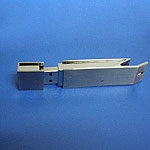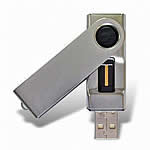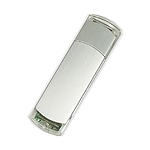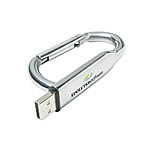usb gb
usb gb is term used to define large capacity non-volatile computer memory that can be electrically erased and reprogrammed.
In terms of USB memory, gibibyte refers to 1073741824bytes (10243, 230).
When referring to memory sizes sizes it has a binary interpretation of 10243 bytes. File systems and software list file sizes or free space in binary - that is using a label of gigabyte or GB.
When used in reference to USB Flash Drives the GB number refers to the usb drives total capacity - a 32GB USB Drive is capable of holding 32 Gigabytes of data.
It is a technology that is primarily used in memory cards and USB flash drives for general storage and transfer of data between computers and other digital products. It is a specific type of EEPROM (Electrically Erasable Programmable Read-Only Memory) that is erased and programmed in large blocks; in early flash the entire chip had to be erased at once. Flash memory costs far less than byte-programmable EEPROM and therefore has become the dominant technology wherever a significant amount of non-volatile, solid state storage is needed. Example applications include PDAs (personal digital assistants), laptop computers, digital audio players, digital cameras and mobile phones. It has also gained popularity in the game console market, where it is often used instead of EEPROMs or battery-powered SRAM for game save data.
Since flash memory is non-volatile, no power is needed to maintain the information stored in the chip. In addition, flash memory offers fast read access times (although not as fast as volatile DRAM memory used for main memory in PCs) and better kinetic shock resistance than hard disks. These characteristics explain the popularity of flash memory in portable devices. Another feature of flash memory is that when packaged in a "memory card," it is enormously durable, being able to withstand intense pressure, extremes of temperature, and even immersion in water.
| Products related to this article: |
- 0 items







